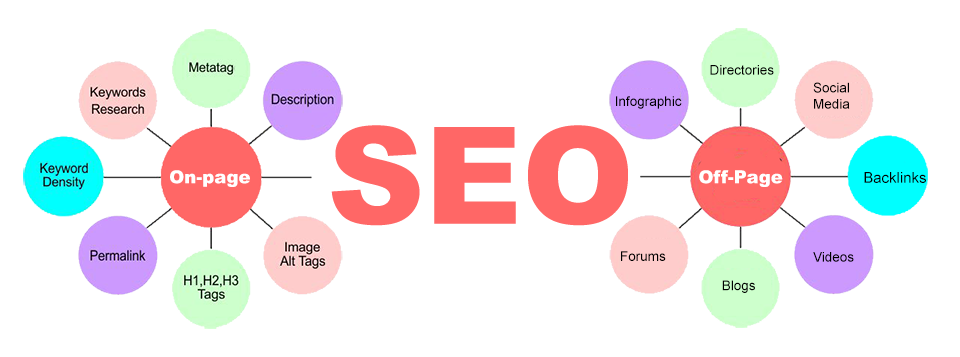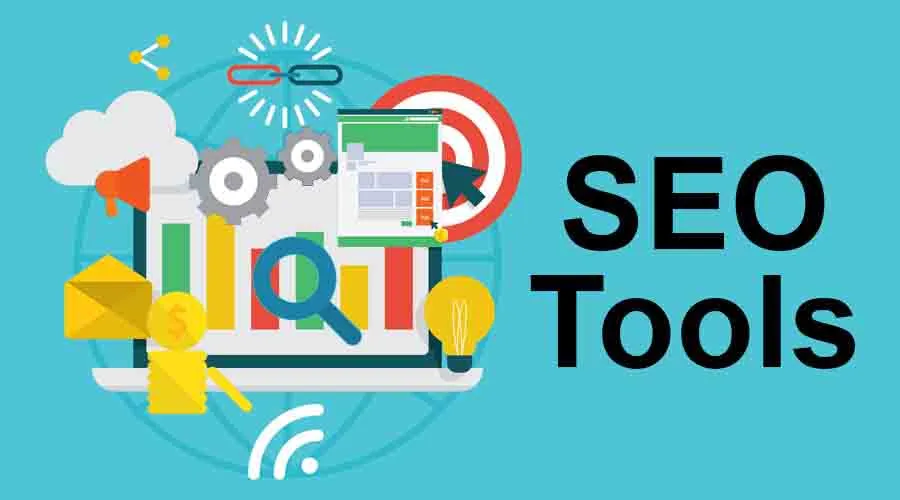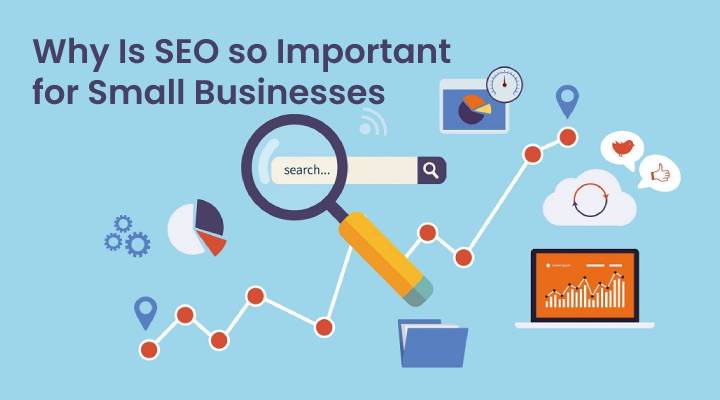Off-Page SEO – An Introduction
Search Engine Marketing is one of the most integral and crucial forms of Digital Marketing.
Millions of users of the internet today use search engines like Google, Bing, etc. for shopping, reference, and so on. These search engines use certain algorithms to determine your website’s position on the SERP (Search Engine Result Page).
Search Engine Marketing is, therefore, a process that enables your website to achieve a higher display ranking on the SERP, whenever a related search is made.
In digital marketing, we call it “optimizing” your website. Hence the name, Search Engine Optimization or SEO. Now, this optimization process is carried out on the content, both On-Page and Off-Page of your website.
Here we will discuss Off-Page SEO.

What is SEO?
SEO or Search Engine Optimization is the process of getting high quality and high quantity user traffic on your website for free. This is achieved by increasing your website ranking in the organic search engine results so that more users are directed to your website. And like we said, for FREE!
SEO is a crucial process because it is a direct contributor to your business growth with almost zero investment required for its process. The SEO process is of three types, so let’s get a brief introduction to them:
On-Page SEO:
Use clearly structured & meaningful content for your website. The content should be marked with proper titles and labels. Relevant keyword selection and their proper integration in the website content is all that On-Page SEO is about.
Off-Page SEO:
Building links to your content outside your website, and then making those links popular, link exchanges, etc. (Sounds technical, but indeed it is. However, we will study it in detail.)
Technical SEO:
Technical SEO is as it sounds. It refers to the coding process of the website being done in a certain format. When your website is coded as per the Technical SEO guidelines, it becomes easier for Google algorithms to access (crawl) your website content and therefore boosting quality and traffic.
Technical SEO is usually off-limits for an average non-technical individual. That leaves us with On-Page & Off-Page SEO, which most of us can manage at our ends. While On-Page SEO is relatively the easiest to manage, it is actually Off-Page SEO that is actually critical for meeting your objectives.
| On-Page SEO | Off-Page SEO |
| Involves optimizing visible elements like content, meta tags, description, title, and every other content-related element on the website. | Involves mostly linking your content to the internet in an optimum manner. |
| On-Page SEO is all about content marketing, keyword optimization, page loading speed, mobile responsiveness, and so on. | Off-Page SEO deals with linking, social media, backlink, guest blogging, and so on. |
Till now you have come to know that Off-Page SEO is more about managing the content of your website. It might surprise you that Off-Page SEO alone contributes to 70% success of your Digital Strategy. In layman’s terms, an Off-Page SEO simply informs Google & other search engines about how popular or relevant, or useful the website is to the audience.
Some say Off-Page optimization is just link building. However, it is much more than that. Off-Page SEO gives you strategic control over different ways your website can become popular on the internet.
Methodology of Off-Page SEO
Prominent elements of the Off-Page SEO process are as follows:
- Backlinks
- Follow and Non-follow
- Anchor text
- Link Juice
- Relevancy
Let us now discuss different Off-Page SEO factors that influence page ranking.

BACKLINKS
Links are highly crucial in making your website rank high on the SERPs. So, having well-managed links (inbound or outbound) on your website are indications of a good quality page. This could place your website on the very first page of Google Search results.
Websites don’t rank because of poor Off-Page SEO. Needless to say, this is due to the absence of relevant link building, social media, videos, blogging, etc.
So in order to get the backlinks and various other Off Page elements in order, you can make use of one of many SEO tools (free & paid), available online.
Ahrefs is one such tool that has a backlink checker that helps you in understanding how to create backlinks and handle them.
Please note that we’re referring to Links that are present on your webpage, connecting it to the other websites. I’ll be mainly talking about three types of links.
- Natural Links
- Manually Built Links
- Self-created Links
Major factors which influence these links are:
- The linking site’s popularity
- The freshness of the link
- Proper usage of anchor tags/texts
- Authority of linking domain and website
- Link Building

FOLLOW & NON-FOLLOW
There are many ways through which you can include links and these come under Follow & Non-Follow. A few notable ones are:
Blogs: Blogs are basically object-oriented articles written by SMEs (Subject Matter Experts) usually for the purpose of educating the site visitors. While keyword integration is crucial for a blog, equally crucial is establishing backlinks to your blogs.
One way is getting some established SME to write for your blog, or what we call “guest-blogging”. It helps your website to gain more and more authentication and exposure from the internet. All of it depends on how much relevant your blog topic is as per either trend or usability.
Comment link: You can also utilize linking inside your comment section so that the user issues posted therein can be linked to the relevant content. If we are able to guide them to correct solutions via relevant content, it’s a win-win for all.
Article Submission: This refers to your writing a blog for a third-party website and thus linking it back to your website. Reiterating what is mentioned earlier is that the articles must be relevant and usually at a problem-solving end. This will ultimately help your content gain traction organically.
ANCHOR TEXT
This part of Off-Page SEO works on your page hyperlink. Anchor Text is the visible, clickable text that website hyperlinks display when linking to another webpage on the internet. On the target webpage, an anchor text is usually a clickable text in blue and underlined.
If you find a blue and underlined piece of word or characters in any article/blog it means that there is a link to a different page.
Example: Junior-Robotics-Introduction-and-Techniques
Search engines use anchor text (text that other websites use to link to your site) as an assessment of how other people view your page — and by extension, what your page is all about. We cannot monitor how other sites link to their website. However, we can make sure that the anchor text of our website is “useful, descriptive, and relevant.” (Source: Google)
If many websites think that our page is relevant for the given set of terms (as per the Anchor Text), then that page can manage a good rank even if the exact terms don’t appear in the content itself.

LINK JUICE
Link Juice is when you are able to convince a website with a high score and high traffic to host links to your website on theirs. So for example, if ESPN happens to include a link to my sports good website on one of their webpages, then we will also gain from the site traffic and impressions of the ESPN website. Link Juice can either be free or paid.
RELEVANCE
Relevance plays a big part as is already understood from the topics that we have covered so far. To add more to it, the relevance is measured in terms of breaking an article down to its very unique niche.
For example, if you are selling baby products via an eCommerce store, then it is advisable to cover only a single item for a single activity. If you try to club two products together in a link, then the relevance would be lost and you won’t be able to get the desired traction.
The sum of each of these Off-Page activities on your website is to create a reference to your site from elsewhere on the web, reference a link, or mention your brand or website.
Conclusion
Having your website ranked on page 1 of Google is a daunting task, but only as long as you master the Off-Page SEO Techniques. With Google especially, Search Engine algorithms, ranking factors, and other content quality assessment tactics & parameters keep changing constantly. However, if your Off-Page SEO continues to maintain the relevance and trustworthiness of your page, getting a high rank will never be an issue.




